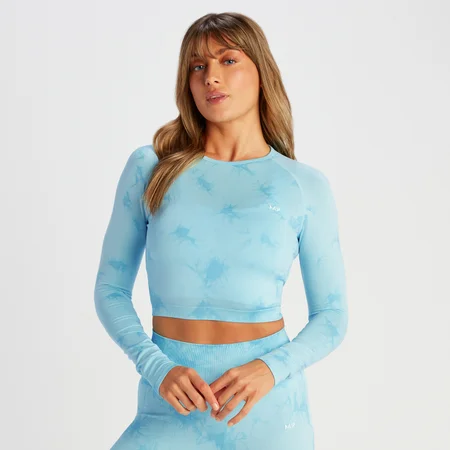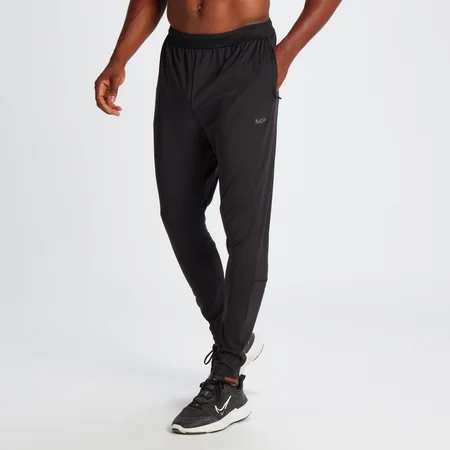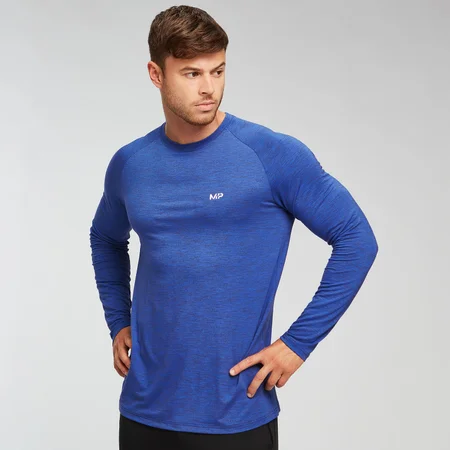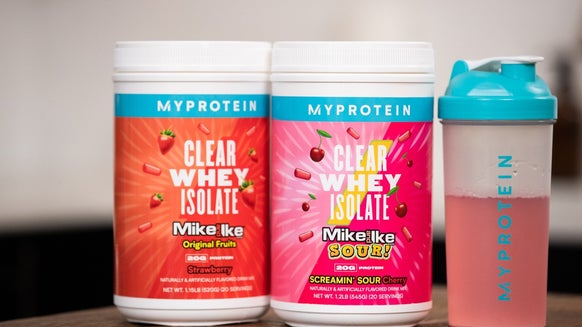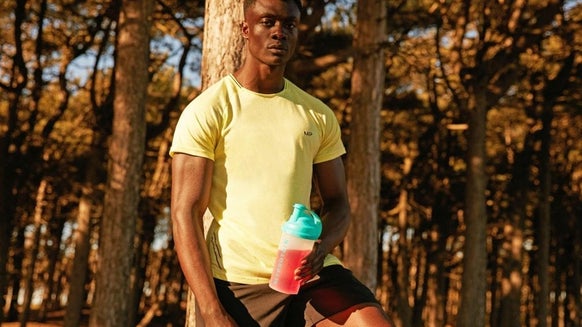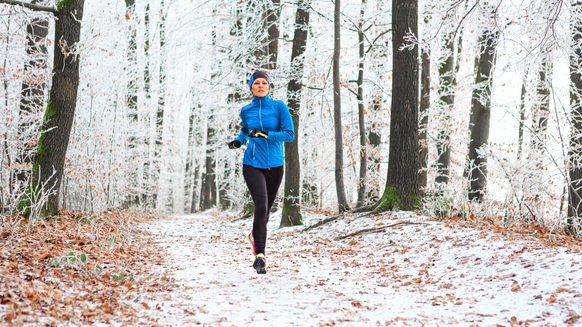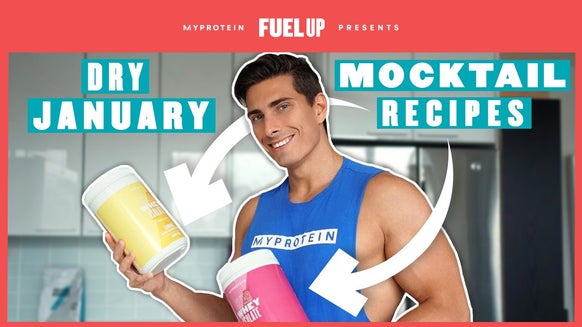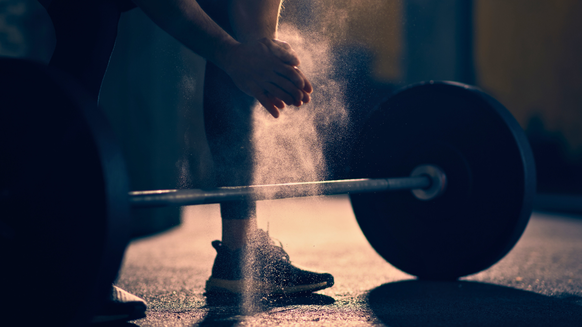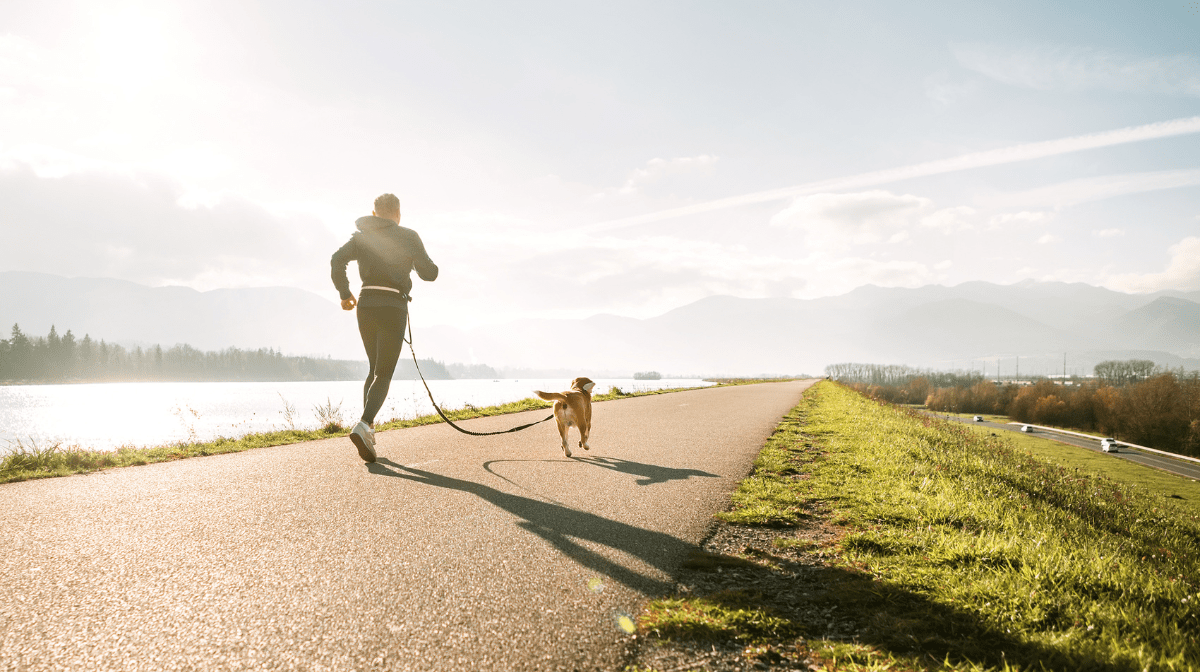
One of the defining aspects of summer is the constant sunshine. We all love to spend time outdoors this season and soak in the sun. But although the sun can provide many health benefits, it is also very powerful and can harm us if we're not careful. Unprotected or too much exposure to UV (ultraviolet) radiation can cause conditions like premature aging, eye damage, immune system suppression, and even the development of skin cancer. So, if you're spending a lot of time out in the sun this summer, it's essential you protect yourself. Check out these sun safety tips to ensure you can reap the benefits of the sun, without incurring any damage.
Sunscreen
We're starting off with an obvious one, but the best way to protect against damaging UV rays from the sun is to wear SPF. SPF will protect your skin from the majority of the sun's rays— SPF 30 blocks 97% of the sun's UVB rays.
Sunscreen works by either reflecting the sun's rays off of your skin like a mirror (physical sunscreen) or absorbing them and releasing them as heat (chemical sunscreen).
You can find SPF in local stores like supermarkets and pharmacies, but there may be an overwhelming number of options on the shelves. If you don't know which SPF to choose, read our article on the different types of SPF here:
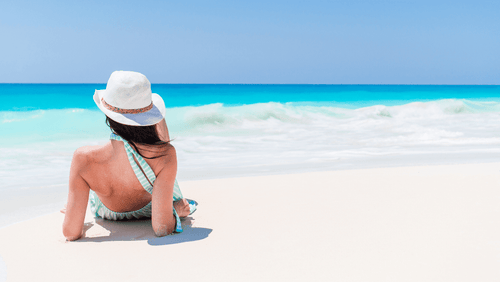
SPF: The Different Types, How it Works, & Why You Should Wear It
Planning on spending time outdoors this summer? Here's why you should wear SPF....
And when wearing sunscreen, remember to reapply every so often (and after swimming) to ensure you get continued protection.
Stay Hydrated
Staying out in the sun for hours on end can make it easy to get dehydrated without realizing it. Humidity, heat, and sun exposure all promote sweating and can cause you to lose more water than usual. And if you're being active outdoors, you'll sweat even more. So, when spending time outdoors in the summer, make sure you stay hydrated by drinking lots of water.
Drinks with electrolytes and carbohydrates like sports drinks or coconut water will do an even better job of hydrating you as electrolytes help the body retain fluid. This is especially true if you are active and have lost electrolytes through sweating. So if you're outdoors exercising or playing sports, a sports drink is a great option to help you stay hydrated throughout the day.
Protective Clothing
In the same way that physical sunscreen protects you from the sun by providing a barrier, if you create a barrier yourself using clothing, you can have additional protection. You can buy sun-protective clothing that is specifically made to protect you against the sun's rays, but all clothing will provide some protection.
And although it's hot in the summertime, there are plenty of breathable long-sleeve tops and pants that will provide great protection while still allowing you to stay cool and comfortable. Protective clothing is a great option if you don't have SPF on you or just don't want to apply it.
You can also easily protect your face by wearing a cap.
Limit Sun During Peak Hours
Another way to protect yourself against sun damage is to limit time in the sun during midday—10:00 AM to 4:00 PM—when UV rays are the strongest. It is difficult to avoid being in the sun during these daytime hours, but if you can get the majority of your sun exposure earlier in the morning or later in the evening, you will be less at risk.
Plus, there are specific health benefits to getting sunlight right after waking in the morning because it jumpstarts our circadian rhythms. To learn more about this, check out our article on self-care:
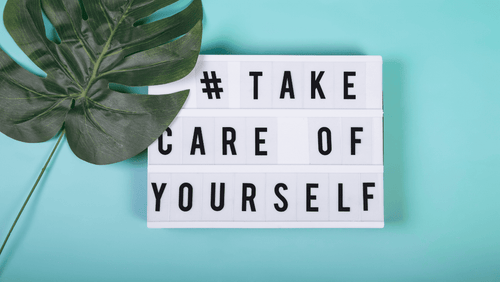
5 Tips for a Successful Self-Care Summer
Use these techniques to practice self-care this summer and improve your daily li...
Skin Products
Finally, there are specific skin products that can create sun sensitivity and put you further at risk of sunburn and damage. Two of the most common are retinoids like retinol and chemical exfoliants like alpha hydroxy acids (AHAs). Products like these are used to improve skin texture, complexion, and other issues, but can increase your risk of sunburn, especially with frequent use.
When using these products, it is even more important to limit sun exposure and wear SPF, especially in locations with high UV indexes like Florida or at high altitudes.
To know if a skincare product you are using creates sun sensitivity, simply check the label or packaging for a sun sensitivity warning.
Take Home Message
The sun is a wonderful gift from nature and can make you happier and healthier, but like most things, it is best in moderation. Follow these tips when spending time outdoors this summer to protect yourself against sunburn and damage and still enjoy the sunshine.
READ THESE NEXT:

What's in Your Backpack? | Hiking Essentials
Pack these essentials to be fully prepared for your next hike....

Cohnan Kotarski's Six Tips on How to Stop Binge Eating
Cohnan Kotarski gives us six tips on how to stop binge eating....
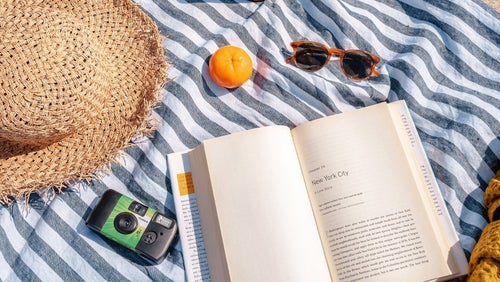
Training On Vacation: Everything You Need To Know
To train or not to train ......

A Rutgers University Honors graduate, Jamie grew up on the Jersey shore and double majored in Comparative Literature and Anthropology in college. Jamie is an experienced writer in the health and wellness, biotech, and eCommerce fields. She loves writing with a purpose and has even written for the Department of Justice.
Jamie became drawn to exercise during her time in university and began to notice the physical and mental benefits of moving your body daily. Today, Jamie enjoys Pilates, light weight training, and going on long walks in nature daily.
Jamie is also passionate about eating right and prioritizing gut health and immunity. She is always trying the next innovation in health and wellness. When she’s not writing articles, Jamie enjoys reading, playing guitar, and finding dogs to play with.

